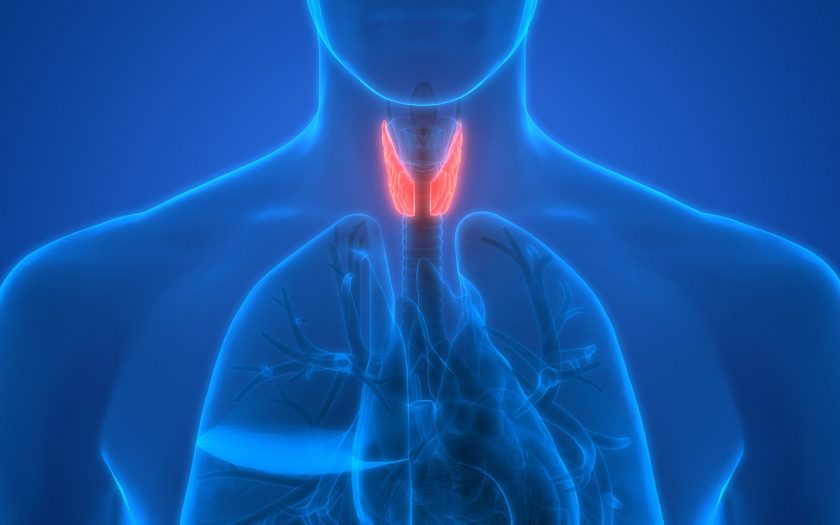The thyroid gland is a small organ near the base of the neck, which in shape resembles the letter H or butterfly. Despite its modest size, it performs a gigantic amount of work. The thyroid hormones regulate metabolic processes in tissues and organs and help maintain body temperature in the normal range. They are also involved in the neutralization of free radicals.
Violations of the functions thyroid gland
In general, there are two violations: in the first case, it produces insufficient thyroid hormones (hypothyroidism), in the second one – too much (hyperthyroidism).
In hypothyroidism, organs and systems function very slowly, resulting in reduced energy and heat formation. With hyperthyroidism, the metabolism is accelerated, the organs begin to work in an acute mode, and resources are spent unduly: weight is reduced due to accelerated metabolism, the heart rate even at rest resembles the pulse of the sprinter.
How to understand that the thyroid gland is working incorrectly
Sometimes the problem can be noticed with the naked eye: the gland increases in volume and resembles a tumor on the neck. But such visible changes do not always happen.
Often, there are no specific signs that would indicate a thyroid gland failure. In most cases, this is a violation of the work of other organs. Therefore, this problem is often missed.
Signs of Hypothyroidism:
– You have a bad mood or even apathy, depression.
– You have become more tired at work, noticed a deterioration of memory and concentration of attention.
– You eat a little, but at the same time gain weight. And all attempts to throw off extra pounds do not lead to anything.
– Swell hands, feet and face.
– Constipation.
– Muscle and joints pain without causing.
– The skin became dry, hair and nails – dim and brittle.
– You have a broken menstrual cycle (or menstruations have disappeared).
– You cannot get pregnant.
Signs of hyperthyroidism:
– You often and very quickly change the mood: after an irresistible laugh, you can easily get angry.
– You eat a lot, but at the same time, you do not gain weight or even lose weight.
– Constantly sweating.
– In a calm condition, you can have increased blood pressure and increased heart rate.
– You have trembling hands.
– Your eyes become dry – there is discomfort or even a cut in the eyes.
– Hair falls out, but at the same time nails grow well and quickly.
How to check the thyroid gland?
Diagnosis of thyroid diseases is done by the endocrinologist. The first thing that doctor will ask to do is pass the blood test to a thyroid-stimulating hormone (TSH), hormone thyroxine (T4), triiodothyronine (T3) hormone and antibodies to thyroidoxidease (ATPO).
Treatment
With the decreased activity of thyroid gland, doctors prescribed thyroid hormones such as Eltroxin-100, Eltroxin-50, Thyronorm. With excessive production of hormones, it can use drugs that block the activity of the thyroid gland. Remember, the earlier the disease is detected, the easier it is to undergo therapy and to cope with the problem.

